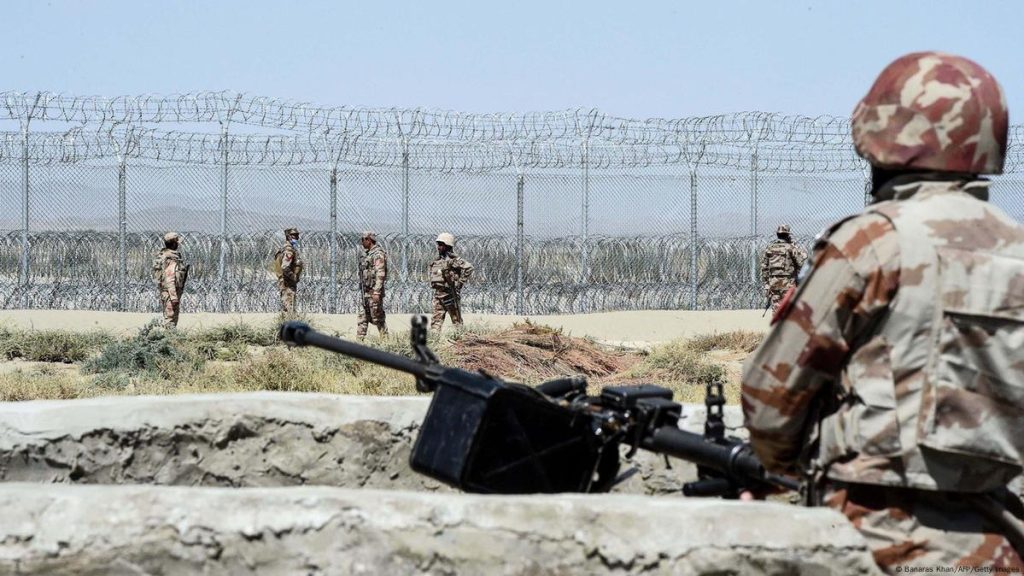Relations between Pakistan and Afghanistan have deteriorated significantly in recent months, marked by escalating cross-border violence and complex challenges surrounding Afghan refugees in Pakistan.
In 2024, Pakistan experienced a surge in terrorist attacks, with over 2,500 fatalities—a stark increase from the previous year. The Tehreek-e-Taliban Pakistan (TTP), operating from Afghan territory, has intensified its campaign against Pakistan, utilizing sophisticated weaponry left after NATO’s withdrawal. Despite Pakistan’s appeals, the Afghan Taliban have been reluctant to curb the TTP’s activities, fearing internal dissent and potential defections to rival groups like the Islamic State Khorasan Province (IS-KP).
The strained relations have led to military actions, including Pakistani airstrikes targeting alleged TTP hideouts in Afghanistan. These operations have resulted in civilian casualties, further exacerbating tensions. The Afghan Taliban have condemned these strikes as “reckless,” leading to retaliatory actions and cycle of hostility.
Amid these tensions, the future of Afghan refugees in Pakistan remains uncertain. In July 2024, Pakistan extended the validity of Proof of Registration (PoR) cards for nearly 1.5 million Afghan refugees until June 30, 2025. This decision followed requests from the United Nations High Commissioner for Refugees (UNHCR) to pause repatriation plans. Despite the extension, Pakistan has continued its repatriation strategy, resulting in over 500,000 Afghans returning to their homeland since the campaign’s announcement.
The situation for Afghan refugees has been further complicated by legal challenges. A Pakistani court recently suspended the deportation of 150 Afghan singers and musicians, allowing them to seek asylum. This decision highlights the precarious position of many Afghans in Pakistan, especially those belonging to vulnerable groups.
Efforts to de-escalate tensions have included high-level diplomatic engagements. In May 2023, Pakistan and Afghanistan agreed to boost trade and reduce border tensions during meetings between Pakistani Foreign Minister Bilawal Bhutto Zardari and Afghan Taliban-appointed Foreign Minister Amir Khan Muttaqi. Despite these initiatives, the security situation has continued to deteriorate, undermining regional stability.
The ongoing hostilities and refugee challenges underscore the urgent need for effective dialogue and cooperation between Pakistan and Afghanistan. Addressing security concerns and ensuring the humane treatment of refugees are critical to fostering peace and stability in the region.


